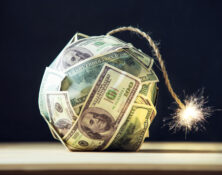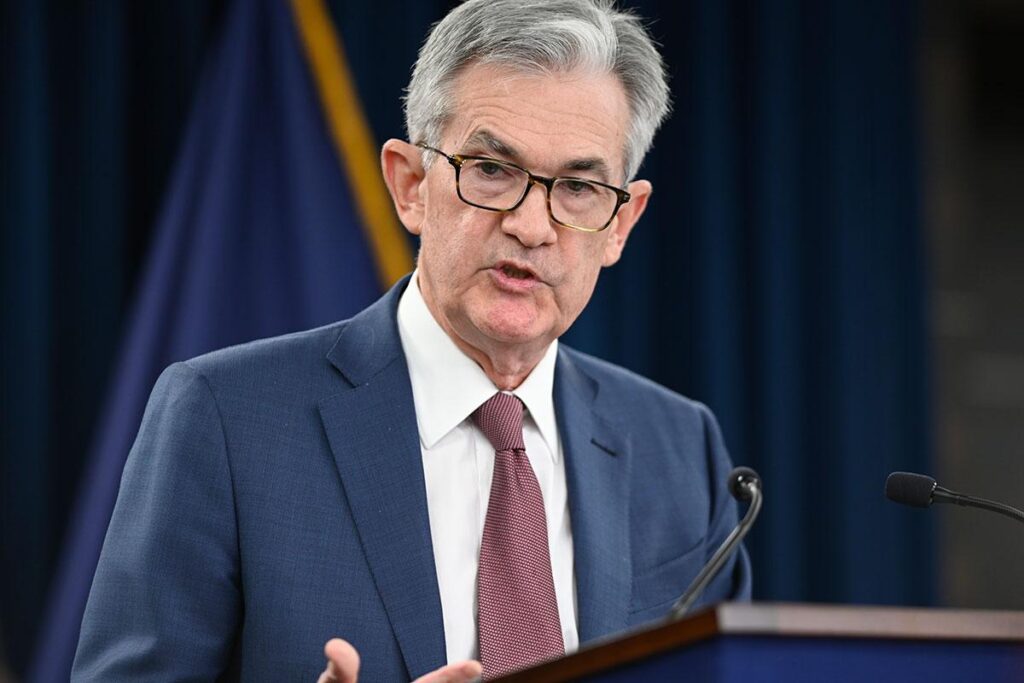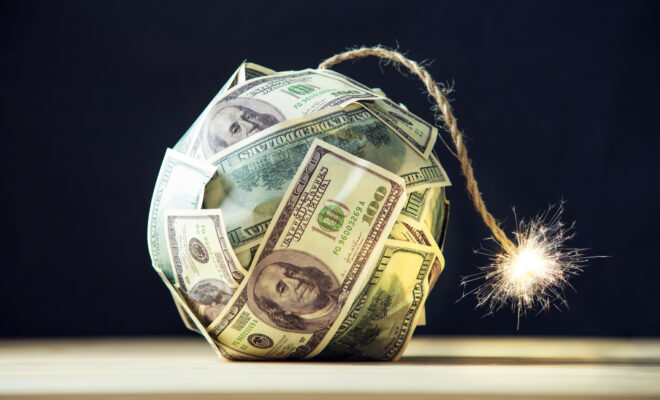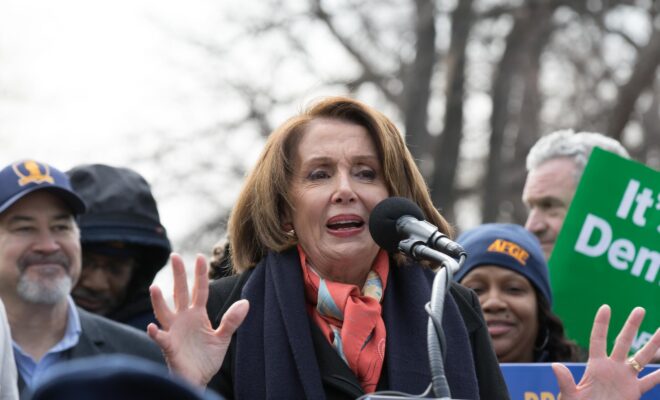While acknowledging uncertainty over Ukraine, Federal Reserve Chairman Jerome Powell confirmed the central bank will start raising interest rates in two weeks.
Powell's remarks came during congressional testimony earlier Wednesday.
Consumer prices remain at four decade highs. Determined to act, Powell reiterated to members of Congress that he expects a 0.25% rate hike this month.
But he left open the possibility to act “more aggressively” if inflation continues.
Per Forbes:
Powell said that the Fed is, however, prepared to raise interest rates “more aggressively” than just 25 basis points per meeting if higher inflation persists, while also adding that the Fed intends to start reducing its balance sheet after rate hikes begin.
He stressed that it remains too soon to gauge the economic impact of Russia's invasion of Ukraine and the sanctions imposed on Russia.
Markets have fully priced in the rate hike Powell expects. There are other real-world consequences, too.
What's Next for Consumers and Businesses?
For those who haven't encountered rate hikes, NerdWallet emphasizes the importance of placing your finances in the best position possible.
For savers, that could mean putting more into savings accounts, particularly higher-yield online savings accounts. The low rates on these accounts won't rise overnight. Still, a rate hike could stimulate competition between banks and credit unions benefiting consumers who save.
As for the stock market, there are complex narratives and trends, in addition to the coming rate hikes, that will dictate the market's behavior. If enough publicly traded companies cut back on their growth or aren't as profitable, the market will go down. Even so, financial sector stocks — banks, brokerages, mortgage companies and insurance companies — are a good bet during these unpredictable times. With higher interest rates, they can charge more for lending, increasing their earning potential.
But rate hikes hurt borrowers most, as NerdWallet explains:
If you plan to borrow money in the near future, you can expect to pay a higher interest rate on auto loans and personal loans if rates rise. Double-check that your existing loans have a fixed interest rate, and consider borrowing sooner rather than later to keep your interest costs down.
If you own a home, you may be able to borrow equity to pay off your credit cards. But be careful — home equity lines of credit, which often have variable interest rates, are also likely to be affected by the Fed's rate hike. Consider instead a fixed-rate home equity loan, or refinance your primary mortgage to pay off your credit card debt and lock in a low fixed rate now while you still can.
Experts recommend that small businesses considering a business loan not to hesitate much longer to avoid higher rates.

































